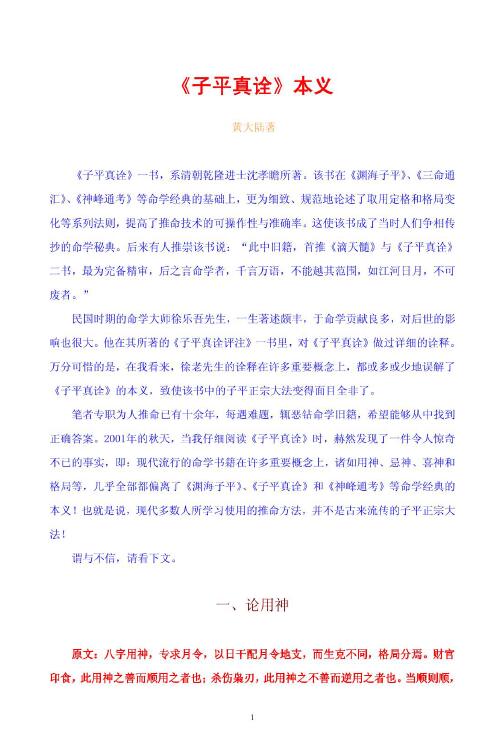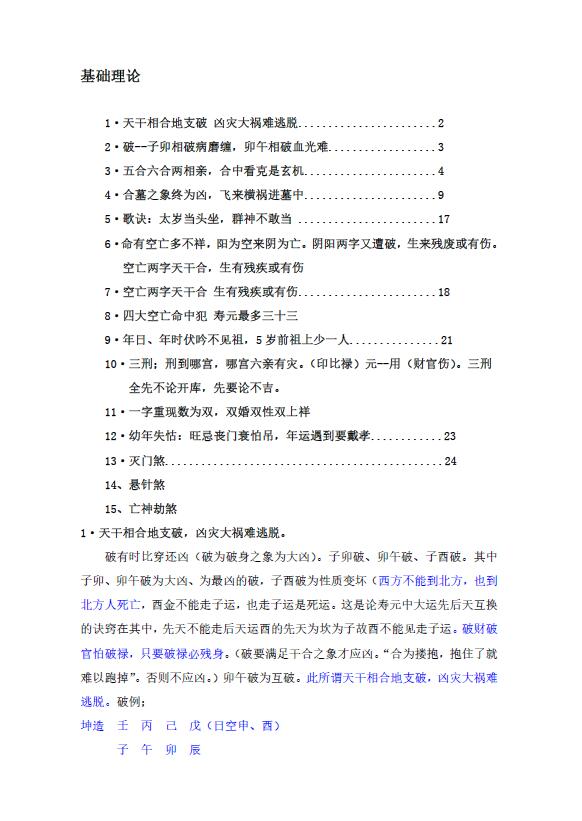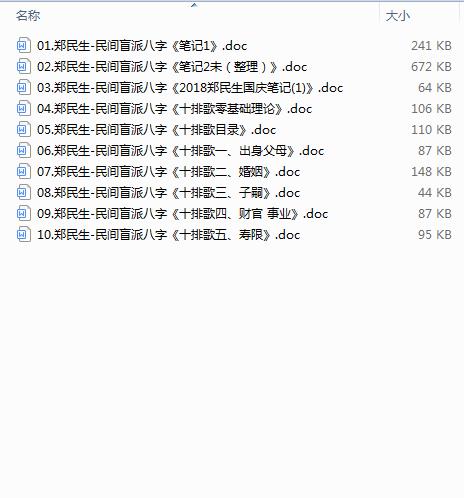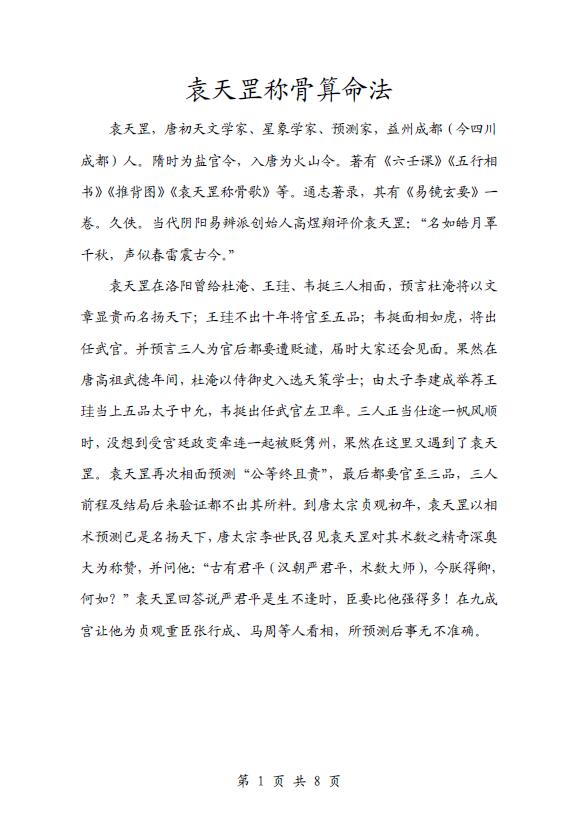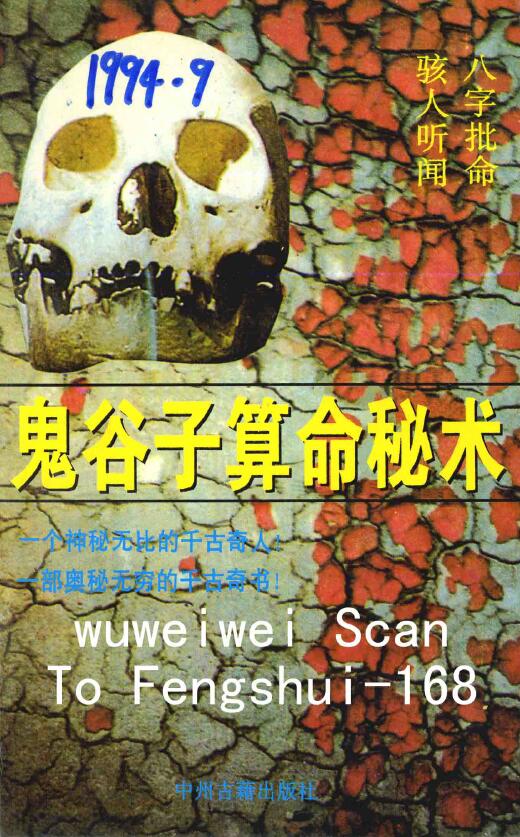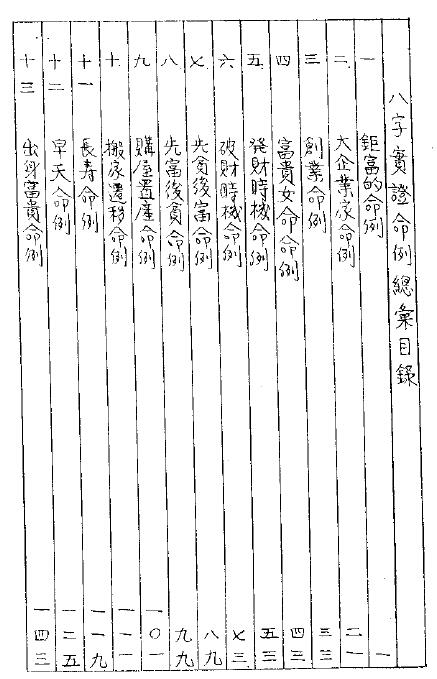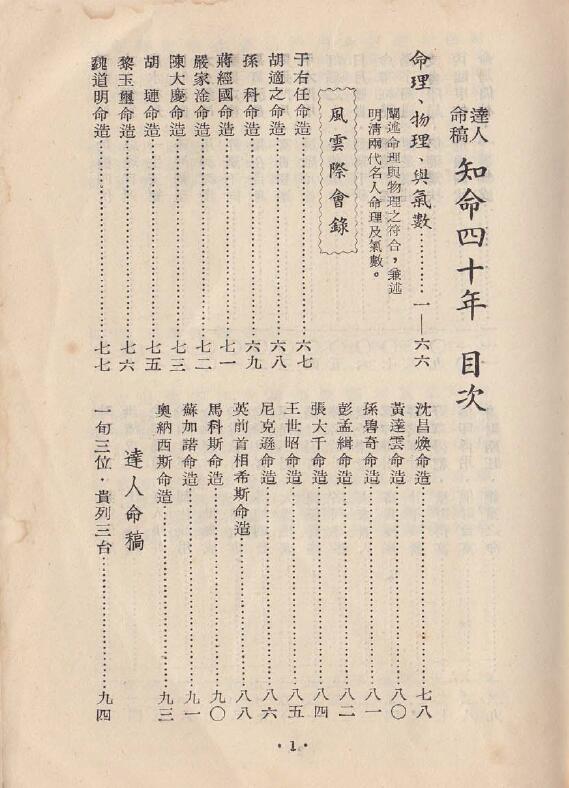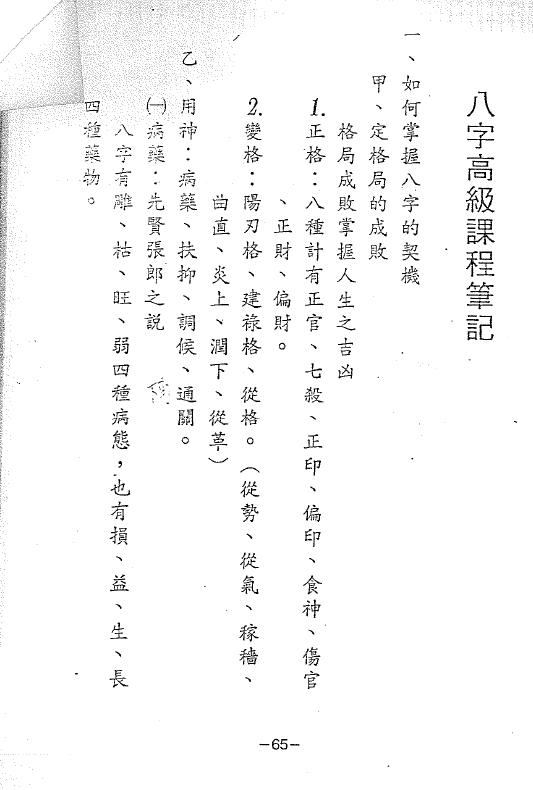Qin Lun’s poem “Bazi Applied Empirical Science” page 568
Qin Lunshi’s “Bazi Applied Empirical Science” 568-page PDF, electronic version download. Content introduction This book is another masterpiece of applied experience of Yi learning after “Applied Empirical Study of Book of Changes”. By summarizing decades of forecasting experience and practice, the author draws on the strengths of many families, and uses simple and popular language to explain the profound and profound Bazi theory and guide readers
Qin Lunshi’s “Bazi Applied Empirical Science” 568 pages PDF, electronic version download.
Introduction
This book is another masterpiece of Yi-learning application experience after “Applied Empirical Study of the Book of Changes”. By summarizing decades of forecasting experience and practice, the author draws on the strengths of others, and uses simple and popular language to explain the extensive and profound Bazi theory, and guides readers to master the basic theory and application skills through reading this book. Through many practical examples and experiences, readers are enlightened and their ability of life planning is improved.
The book has 22 chapters in total, and the content is as follows: Chapter 1 “Basic”, which focuses on the introduction of Yin-Yang and Five Elements, Heavenly Stems and Earthly Branches, Liushi Jiazi and Nayin Five Elements; Chapter”, describing the rivers and lakes. The secret but not handed down “flying years to catch up with the moon” and the secret method of predicting the time of the beginning of spring, etc.; the third chapter “prosperity and decline”, introduces the judgment of the prosperity and decline of the sun, the fate of the root, and the judgment of the strength of the five elements of the fate and so on; the fourth chapter “Suiyun”, expounds the method of Universiade, Fleeting Years, Flowing Moon, and Fate Palace; the fifth chapter “Pattern”, explains the regular pattern, variable pattern, six relatives and the pattern judgment method; Chapter 6 “Using Gods” introduces the meaning of using gods, and determines the use of gods for support and customs clearance; Chapter 7 “Xingsha” clarifies the key points of good and bad luck; Chapter 8 “Terminology” “, which introduces the commonly used terms of fortune-telling; Chapter Nine, “Miscellaneous Discourses”, expounds the procedure of fortune-telling, four-pillar divisions, likes and taboos, etc.; Chapter Ten, “Ten Gods”, mainly introduces human character and the usage of Ten Gods; The eleventh chapter “Character” focuses on introducing the character of people who are known by the sun, the five elements, and the ten gods; the twelfth chapter is “Six relatives”. Introduce parents, wives, children, brothers, etc.; Chapter 13 “Marriage” analyzes the marriage of men and women; Chapter 14 “Chapter 14” introduces death, premature death, prison, disability, etc. Chapter 16, “Wealth Chapter”, introduces whether you have money or not; Chapter 17, “Academic Articles”, looks at how your studies are going; Chapter 18, “Occupational Articles”, introduces the selection of occupations Methods; Chapter 19 “Moving to Brigade” introduces the destination of migration; Chapter 20 “Disease” introduces various methods of disease testing; Chapter 21 “Explaining the Ancients” explains the ancient book “Yue Tan Fu” in vernacular “, “Five words alone”; the twenty-second chapter “Examples” analyzes various actual fates.
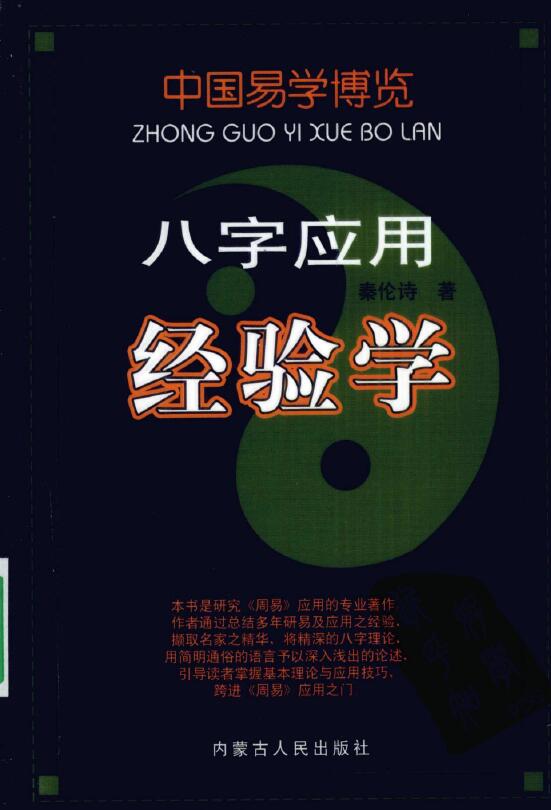
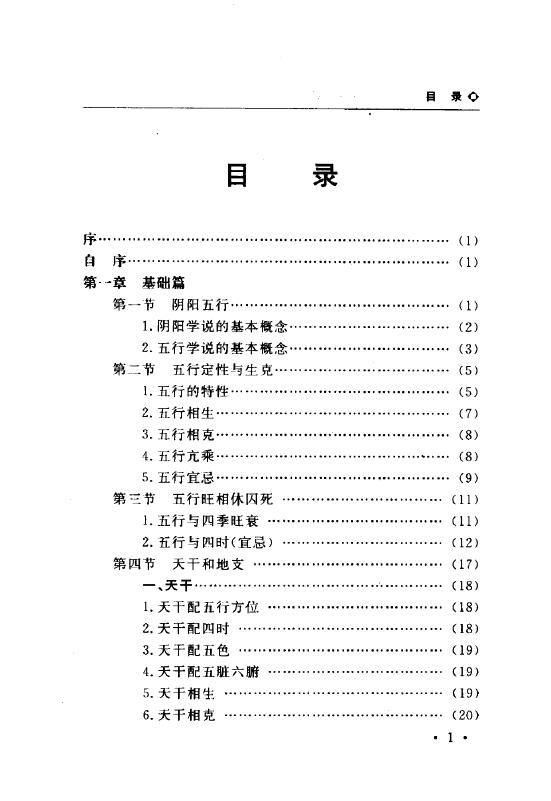

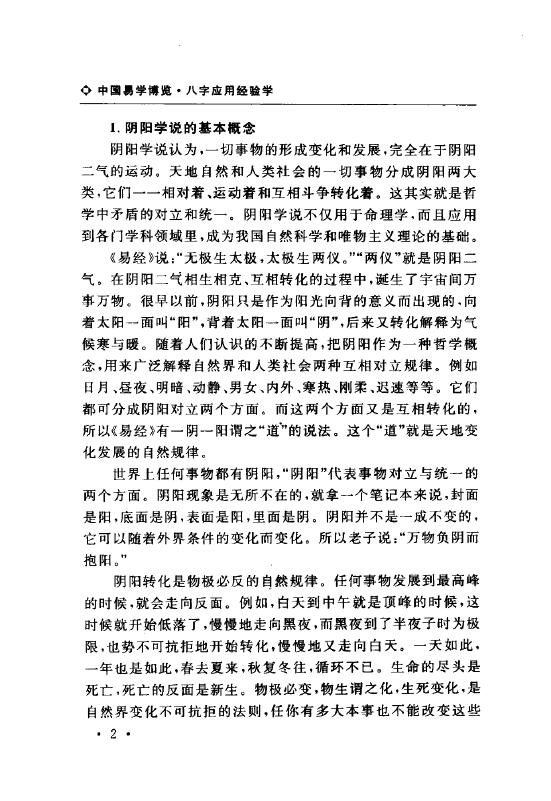
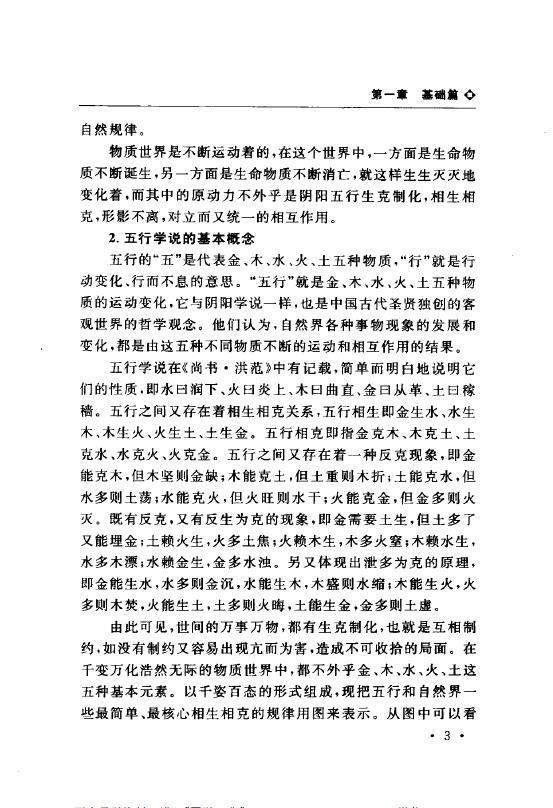
BOOK INFO:
- Publication Date: 未知
- Language: 中文
- Identifier: 内部视频
- Total Pages: 1
- File Type: PDF
Download Link:
Payment Method:
1、Open Tittle
2、Click to Pay New
3、Click on the material you want to buy
4、Click on "Payment Methods"
5、Click on the material you want to buy
6、Choose from one of your existing payment methods or add a new one
7、Complete purchase
NOTE: If you add a payment method when making a purchase, it will be saved in your account.
